
Ever wondered what does a Salesforce developer do when they’re not buried in code and clicking through endless configuration menus?
You’re not alone.
With Salesforce dominating the CRM landscape and businesses scrambling to implement custom solutions, the role of a Salesforce developer has become more crucial and mysterious than ever.
If you’ve been considering this career path or simply want to understand what these tech wizards actually get up to all day, you’ve come to the right place.
A Salesforce developer is essentially a digital architect who builds, customises, and maintains applications within the Salesforce ecosystem.
Think of them as the bridge between what businesses need and what Salesforce can deliver.
Unlike traditional software developers who work with various programming languages and platforms, Salesforce developers specialise in:
But here’s the thing being a Salesforce developer isn’t just about coding.
Salesforce developers create bespoke applications that solve specific business problems.
Picture this: A company needs to track complex approval processes that standard Salesforce can’t handle.
Enter the developer, who builds a custom workflow application complete with:
One of the most critical aspects involves moving data between systems.
Salesforce developers design and implement:
Modern Salesforce development revolves around the Lightning Platform.
Developers create:
This is where Salesforce developers truly shine.
They build automated workflows that handle repetitive tasks:
Before automation: Sales reps manually update opportunity stages, send follow-up emails, and create tasks for different team members.
After developer intervention: The system automatically progresses opportunities, triggers personalised email sequences, and assigns tasks based on predefined criteria.
Focuses on core Salesforce functionality and customisation.
Primary responsibilities include:
Specialises in connecting Salesforce with external systems.
Key activities involve:
Concentrates on modern user interface development.
Main tasks encompass:
Morning typically starts with checking system health and reviewing overnight batch processes.
Then it’s into the thick of development work:
It’s a mix of technical problem-solving, stakeholder communication, and continuous learning.
Getting certified isn’t just about ticking boxes it’s about proving competency.
Key certifications include:
Foundation Level:
Advanced Level:
When it comes to implementing robust Salesforce solutions, having the right expertise makes all the difference.
Sailwayz brings over 50 combined Salesforce certifications to every project, ensuring businesses get the most from their CRM investment.
Their team of certified Salesforce consultants doesn’t just understand development they understand how custom solutions drive real business growth.
Whether it’s complex data migration, custom Lightning component development, or seamless third-party integrations, Sailwayz crafts tailored Salesforce solutions that streamline operations and foster sustainable growth.
Their approach goes beyond basic implementation, focusing on strategic customisation that enhances customer relationships and optimises business processes for long-term success.
Start with Trailhead, Salesforce’s free learning platform.
Complete these trails first:
Theory only gets you so far.
Create a Developer Edition org and start building:
The Salesforce community is incredibly supportive.
Engage through:
Document your projects and share them on GitHub.
Include:
Salesforce has governor limits that can trip up new developers.
Understanding these constraints early helps design better solutions:
It’s tempting to build complex custom solutions for every requirement.
Experienced developers know when to use:
Salesforce releases updates three times per year.
Successful developers stay current through:
The platform continues evolving rapidly.
Emerging trends include:
Smart developers are already preparing for these shifts by learning complementary skills and staying ahead of platform innovations.
Understanding what a Salesforce developer does reveals a multifaceted role that combines technical expertise with business acumen.
These professionals don’t just write code they solve complex business problems, automate processes, and create solutions that drive genuine organisational growth.
Whether you’re considering this career path or looking to understand the value Salesforce developers bring to your organisation, one thing is clear: their expertise transforms how businesses operate in the digital age.
Ready to explore how expert Salesforce development can transform your business operations?
Connect with certified professionals who understand both the technical complexities and business impact of what a Salesforce developer can achieve for your organisation.
Q: How long does it take to become a Salesforce developer?
With dedicated study, you can gain foundational skills in 3-6 months. However, becoming proficient typically takes 1-2 years of hands-on experience building real-world solutions and working with different business requirements.
Q: Do I need a computer science degree to become a Salesforce developer?
No formal computer science degree is required. Many successful Salesforce developers come from various backgrounds including business, marketing, and self-taught programming. Focus on building practical skills and earning relevant certifications.
Q: What’s the difference between a Salesforce developer and administrator?
Administrators focus on configuration, user management, and declarative customisation using point-and-click tools. Developers write custom code, build complex integrations, and create bespoke applications that extend beyond standard Salesforce functionality.
Q: Can Salesforce developers work remotely?
Yes, most Salesforce development work can be done remotely since it’s primarily cloud-based. Many companies offer flexible working arrangements, and there’s strong demand for remote Salesforce developers across various industries.
Q: What industries hire Salesforce developers most?
Technology, financial services, healthcare, manufacturing, and retail sectors have high demand. However, since Salesforce is used across virtually all industries, opportunities exist everywhere from startups to large enterprises seeking CRM solutions.
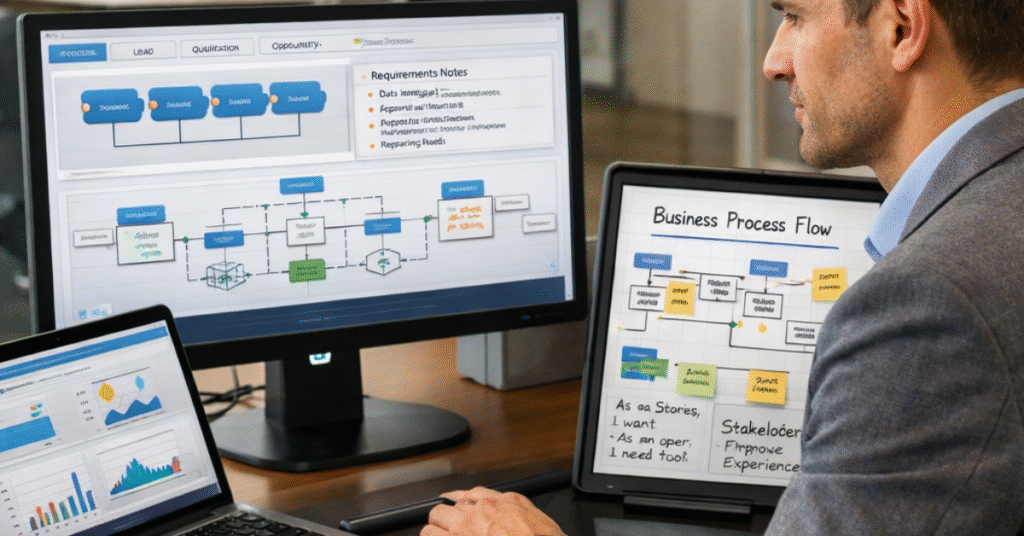
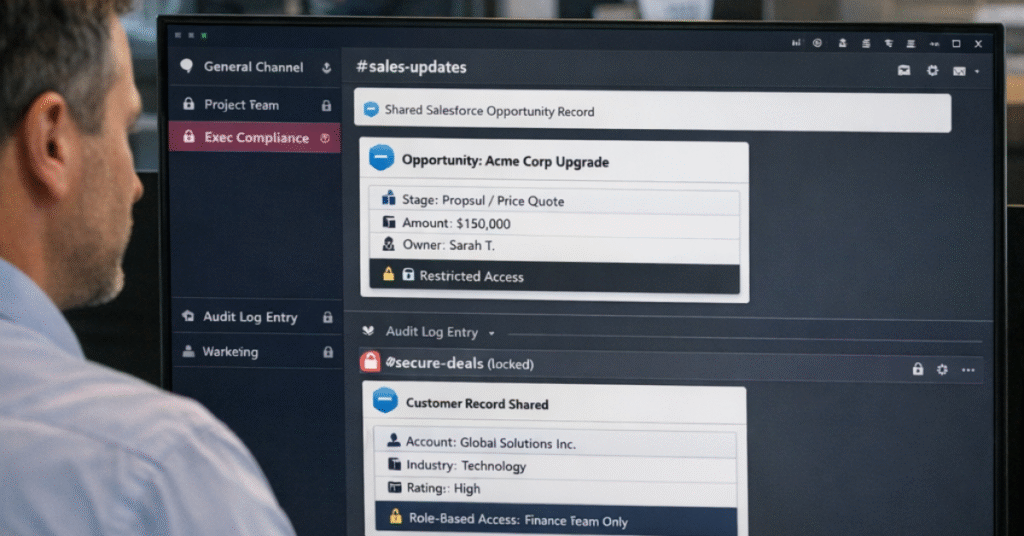
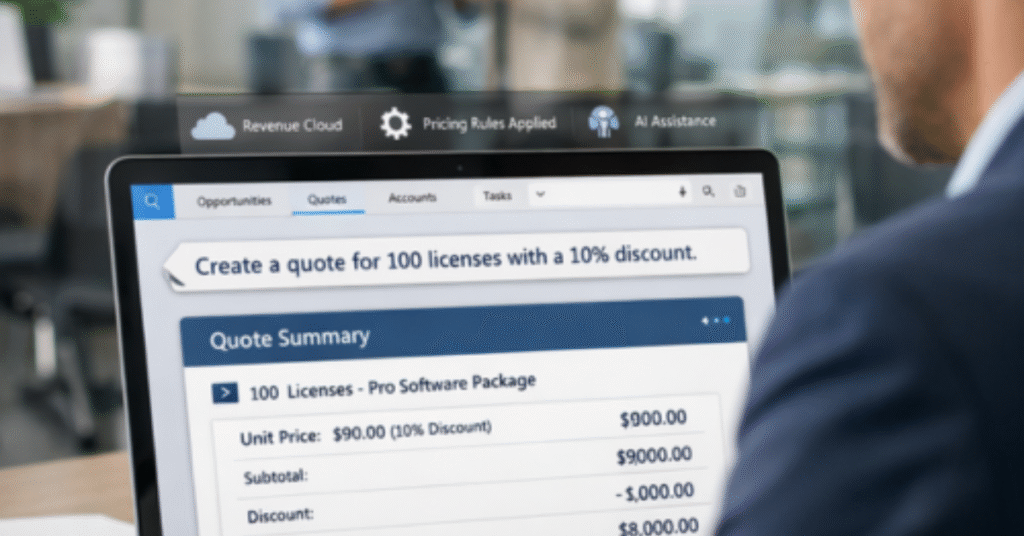



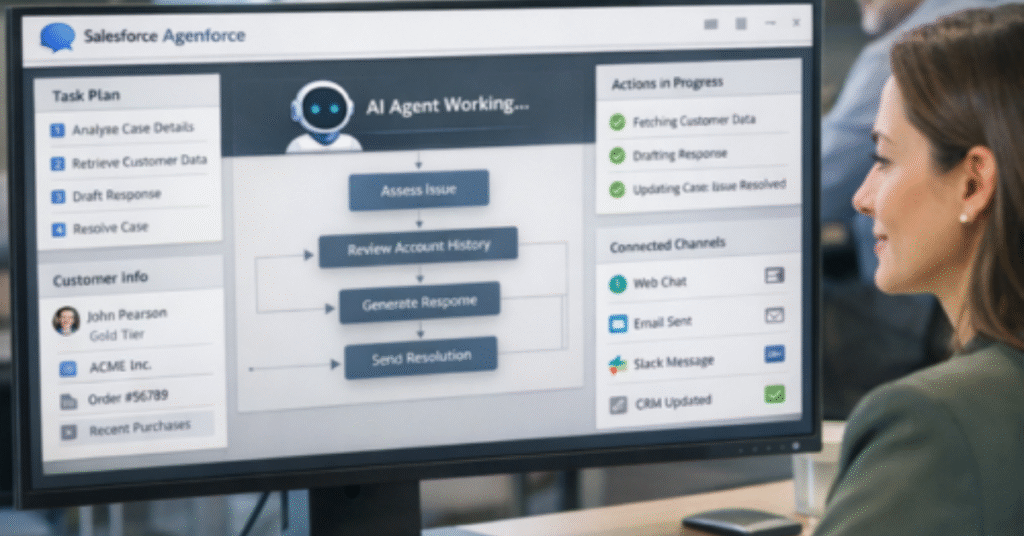
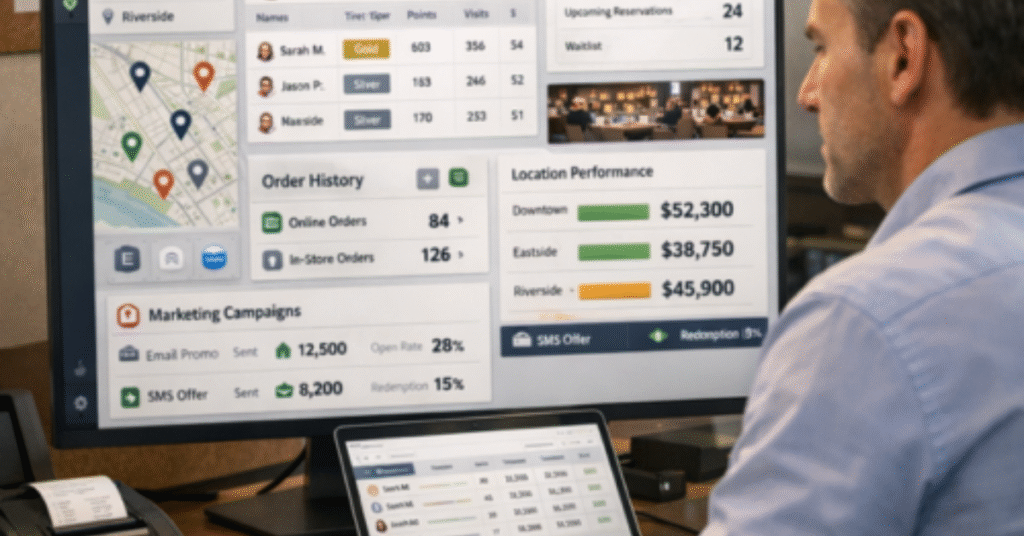
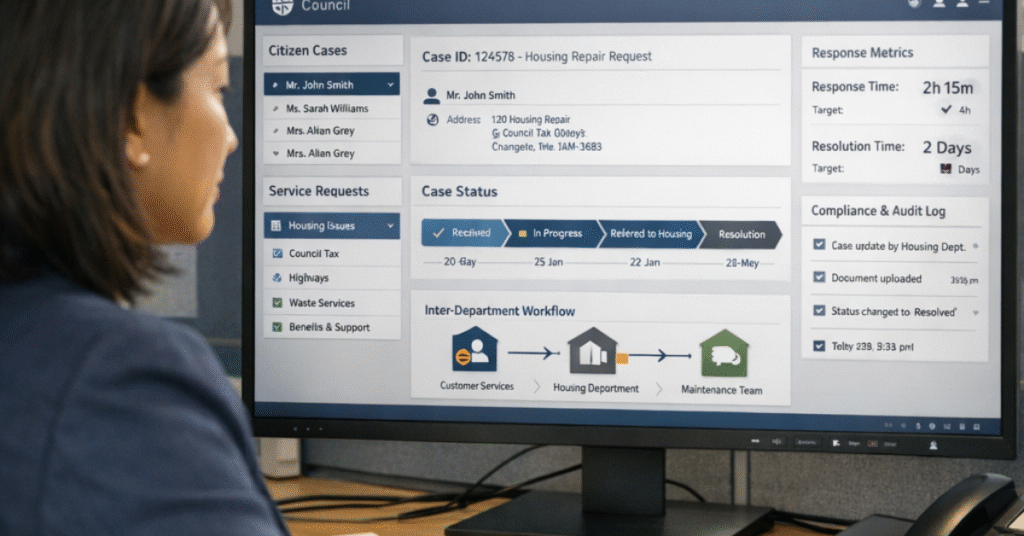


Joshua Eze is the Founder & Salesforce Architect at Sailwayz, a certified Salesforce Consulting Partner based in the UK. With over 6 years of experience leading CRM transformations, he is a certified Application & System Architect passionate about using technology to simplify business processes. Joshua helps companies unlock the full potential of Salesforce with strategic, scalable, and secure solutions.